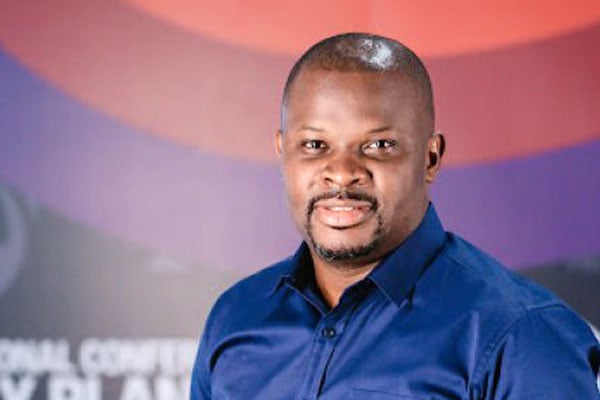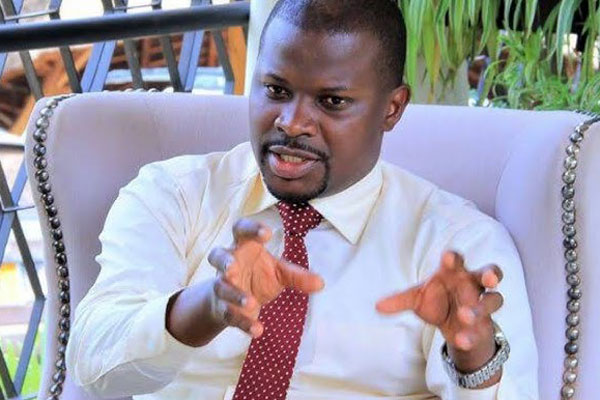Decoding the trauma language

Author: Andrew Kyamagero. PHOTO/COURTESY
In life, where battles are fought in silence and victories are mourned in solitude, lies the untold story of a man’s trauma. It’s a narrative etched not in the tears that were never shed but in the stoic resilience that society demands of its warriors. It is time to confront the silent spectre that haunts many— trauma language uniquely masculine, yet universally misunderstood. What is your trauma language as a man? It is a question that echoes in the empty spaces between our outward confidence and our inward turmoil. It is after the lights go out, the brief pauses between the mask of strength we wear for the world and the reflection we avoid in the mirror. Our trauma language is not spoken,it is lived—through the aggression mistaken for resilience, the isolation confused with independence, and the silence mistaken for peace.
In the theatre of manhood, where vulnerability is often cast as weakness, many of us find ourselves playing roles we never auditioned for. We wear our scars like medals of honour, proof of battles fought and survived, yet we rarely speak of the wounds that never fully heal. The language of trauma in men is coded in the unspoken, in the actions taken and the decisions made during life’s tumultuous transitions.
For those standing at the crossroads of change, be it the end of a relationship, the loss of a loved job, or the daunting path of fatherhood, the question becomes: How do you express the inexpressible? How do you articulate the weight of a trauma that society has taught you to bear in silence? The aggression, the restlessness, the unexplained outbursts—are they not merely translations of a pain that has no words?
Our trauma speaks in the language of avoidance, in the depths of a bottle, or the empty thrill of a one-night stand. It whispers in the rage behind a thrown punch or the sharpness of a curt reply. It’s a language born from the belief that to be a man is to be unbreakable, even when you’re crumbling inside. What if there was strength in vulnerability? What if the true measure of a man’s courage was found not in the battles he fights against the world, but in the ones he acknowledges within himself? It’s time to redefine the narrative, to understand that trauma, when left unspoken, becomes a chain that binds us to our darkest moments.
Reflect
1. How has your silence shaped the man you are today, and what has it cost you—in terms of relationships, happiness, and personal growth?
2. What steps can you take to begin translating your trauma language into a dialogue of healing and understanding?
This is not a journey you have to walk alone. The first step towards healing is recognising that your trauma language, while unique, does not define you. It’s a dialect you can learn to translate, to express, and ultimately, to transcend. By opening up the channels of communication—be it through seeking professional help, joining support groups, or simply having honest conversations with those we trust—we begin to dismantle the barriers that trauma has built around us.
As men, our greatest battles are often fought in silence. But it’s in breaking this silence that we find our true strength. It’s in acknowledging our vulnerabilities that we forge our most indomitable armour. So, let us speak, let us listen, and let us heal.
The writer is team lead, ManCaveUG



